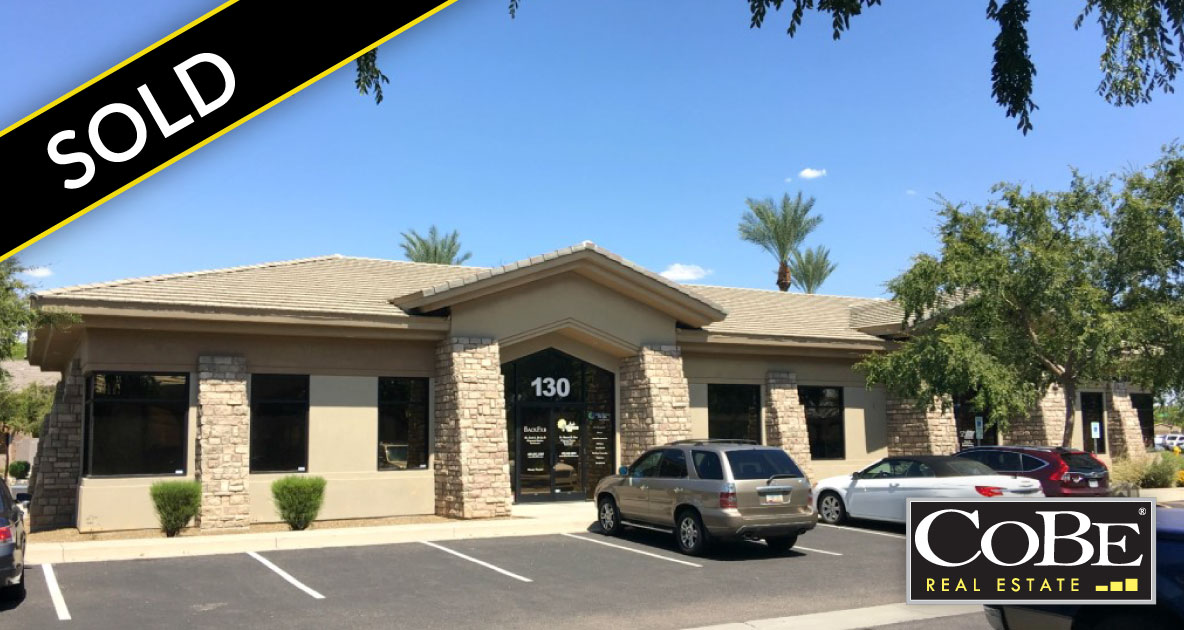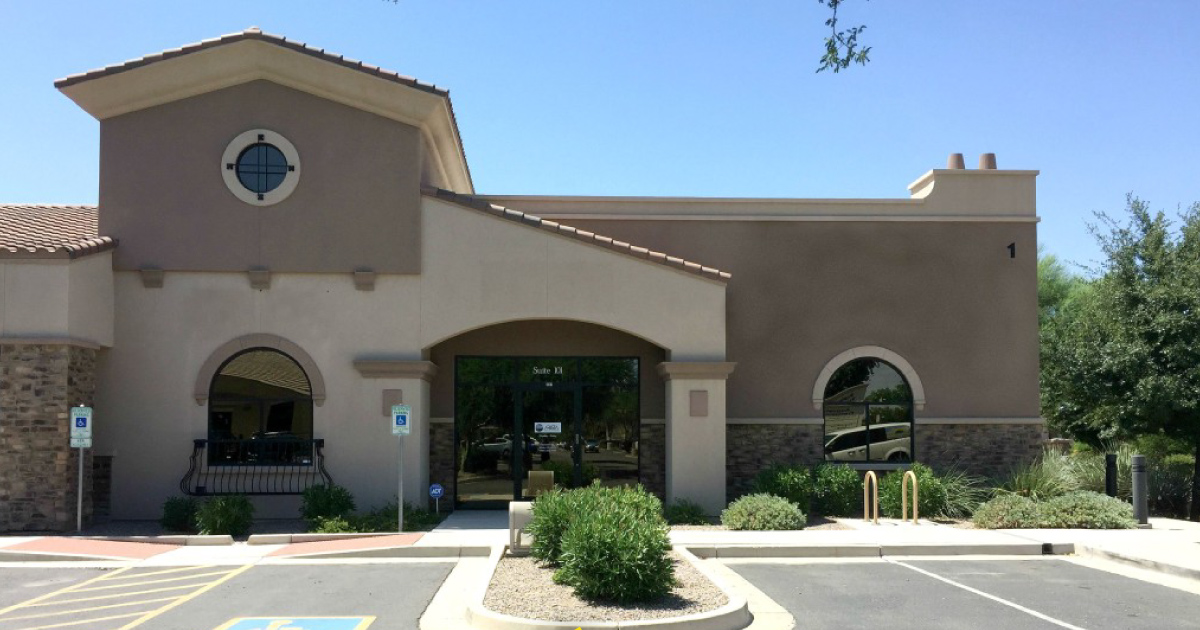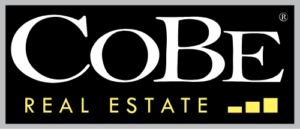Everyone wants to save a buck when they can. Do-it-yourselfers have risen to fame over the past decade as YouTube, Vimeo and other social media channels have provided a public forum to teach non-experts how to do things.
The reasons for the shift have much to do with our drive to save time, aggravation and the almighty dollar. But does this mindset apply when buying commercial property in Arizona? The answer, like commercial real estate itself, is complicated.
Understanding the Value of a Good Commercial Broker
Not every state in the country conducts the real estate transaction in the same manner; in fact, some of the players are different. While areas in the east coast, for example, often include a real estate attorney and a real estate broker as part of the process, Arizona transactions sometimes exclude attorneys on either side. This puts the onus of proper real estate dealings on brokers and brokerage firms. Though there is a caveat in this, the buyer of commercial property must take responsibility in performing the necessary due diligence before and during the escrow period to uncover matters than would affect their desire and ability to close.
Commercial brokers help facilitate all dealings related to the search, identification, negotiations, investigations and successful closings for the sale and transfer of real property. How well they perform is often contingent upon their overall local market knowledge, which includes, but is not limited to:
- Proposed changes in the industry
- Municipal and private developments in the works
- Strength of peer relationships
- Understanding of transaction process
- Use of commercial real estate contract language and nuances therein that provide negotiating edge
- Their network of strong third-party resources
The Art of Timing and Playing a Good Game of Chess
A purchase contract is boilerplate content that presents the ins and outs of what is expected, the timelines to execute, and available remedies in the event that an issue arises or a party deems it necessary to back out. What may be of more importance is what the paragraphs and line items don’t say. This is where a commercial brokerage firm can represent a buyer’s best interests exponentially.
For the unsuspecting (and that would be most buyers of real estate not using a broker), time is of the essence and progresses similar to a move in a game of chess. For example, if you want to bide time to ensure you have chosen the best property for your needs, make sure to ask for a lengthier inspection period. This allows you a larger window of opportunity in discovery of issues that may present concern, especially pertinent when buying real estate on or near environmental hazards (such as a gas station or Circle K).
What You Don’t Know When Buying Commercial Property in Arizona Will Hurt You
We’ve seen this happen in many geographic areas in cities from coast to coast. Often, buyers of residential property, including investor pools, will consult their residential REALTOR® for information and representation in commercial real estate transactions. Even for the most well-intended agents and brokers in this part of the industry, accepting the undertaking puts them, their brokerages and buyers at risk.
Residential agents and brokers have to abide by a Code of Ethics that, in part, stipulates the need to serve customers and clients best by referring them to industry professionals who specialize in the specified market niche, whether that be the type of property desired, and county of location.
The above info just illustrated some of the pitfalls in dealing with real estate experts who don’t normally work the commercial market. Now, imagine what it’s like to navigate the hills and valleys of the business without any formal knowledge and licensing in real estate.
You wouldn’t perform surgery on yourself. Why would you consider buying property without the right experience and certifications under your belt, through buyer representation?
The Slippery Slope of Due Diligence Is Best Left to Those Who Hike It Every Day
For the novice in real estate, negotiations don’t start and end when all parties fully execute the purchase contract. It’s a step-by-step roadmap that is often dotted with traps. Some can be anticipated while others come about by surprise. A well-crafted letter of intent can pique the interest of a seller. It can spur a conversation between listing and buyer brokers. This convo can reveal hot points that shape the way the offer will be written. But if you were a buyer without representation, you’d never know what you missed.
The intricacies of a commercial real estate transaction can be arduous … especially during the due diligence process. Some of what it entails includes:
- Site research about property use and other history
- Why the seller wants to sell
- Pertinent details about the area
- Recent city code changes that affect property condition
- Potential deferred maintenance or ADA guidelines unmet
- Environmental hazards
- Zoning and difficulty in obtaining a variance if needed
- Buzz on the street amongst other brokers
- Private and municipal developments and redevelopments that could affect value, foot traffic and ease of ingress/egress
- Current market value
- Current market rents
- Proof of rent rolls, cap rates, net operating income, and operating costs
Do you really want to do this solo?
Most Common Misunderstandings, Errors and Overlooks in Commercial Transactions
As long as you’re probably questioning your ability to enter into a commercial property purchase without qualified representation, here’s a list of other reasons to remove any doubt.
5 Common Mistakes in Commercial Property Purchases:
- Underestimating cost of ownership
- Negligence in performing per contract
- Weak knowledge of competitors (location, location, location)
- Glossing over details that can cost you
- Inspecting property with verified, licensed, bonded third-party resources
Let’s take a moment to dive into No. 4 noted above, which is all encompassing. In a hot market, when properties fairly priced are hard to come by, haste in securing property can lead to errors in judgment and overlooking clues of issues on the horizon.
As a buyer, are you ready, willing and able to complete the transaction? Unrepresented commercial real estate investors can find themselves in a quandary should they use the inspection services from vendors that don’t have clearance or aren’t deemed as approved vendors from their lender. A buyer broker who’s on your side will know the questions to ask a lender before you spend any money on inspections.
In addition, seasoned commercial brokers will review a closing statement and know what to look for in the numbers. They can check for duplication in fees, overcharges and other inadvertent oversights that can increase the buyer’s cash-to-close.
What Do You Mean There’s No Code of Ethics in Commercial Real Estate?
As daunting as this may sound, there is no formal code of ethics for commercial real estate brokers. Hhhmmm … how do you deal with that and have a chance at getting the commercial property you want at the price, terms and conditions desired?
The Truth About Getting a Better Deal By Not Paying Buyer Broker Commissions
Here’s the biggest sticking point for business owners and investors looking to buy office, retail, industrial, land or multi-family property in Arizona without the use of a commercial broker working on their behalf: the money.
If you need to reread all the information provided in this article up to this point, please do. Take it all in. These, among other reasons, are why an un- or under-represented buyer is in a vulnerable position when making an offer on a property.
If you’re considering this course of action as a means to save the 3 percent (give or take) in commissions that go to the buyer broker, here’s the reality of how that “savings” breaks down:
- Listing broker will convert the buyer commission into an increase in Seller’s net proceeds.
- Listing broker will increase their own commission.
- The broker’s fiduciary responsibility is to the Seller not the buyer, which can then:
- Compromise disclosure of material facts or defects.
- Compromise the due diligence and inspection process.
- Misrepresent at any point in the transaction.
- Compromise negotiations, not in best interest of buyer.
Experience is the greatest tutorial in commercial real estate. You can’t get a how-to online and have the adequate knowledge and protections that come from seasoned, local professionals working diligently on your behalf. It’s what you’ll find at COBE Real Estate.








